Dogs
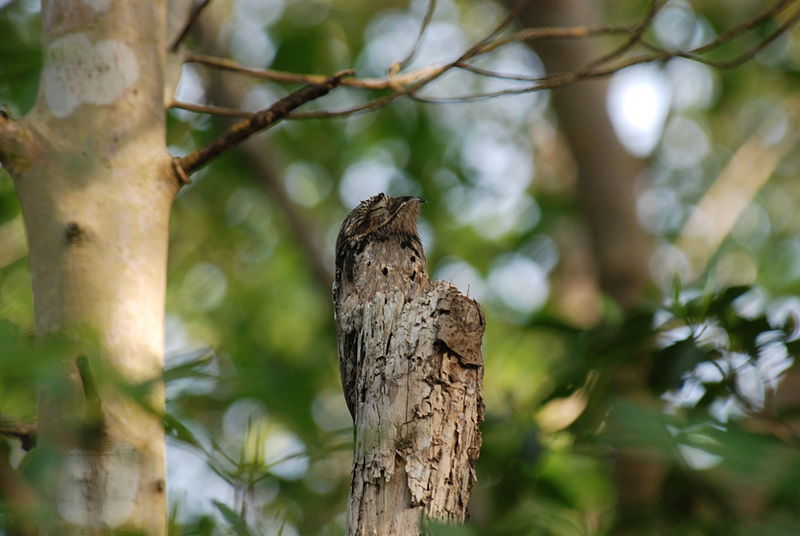
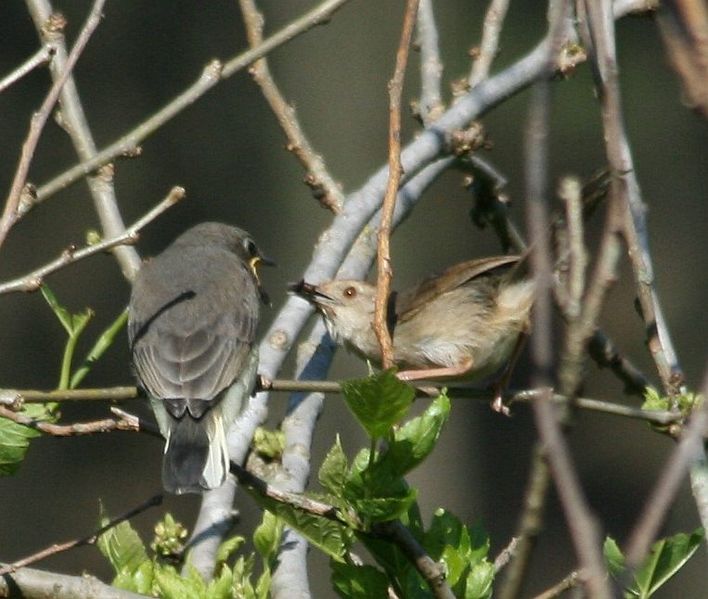
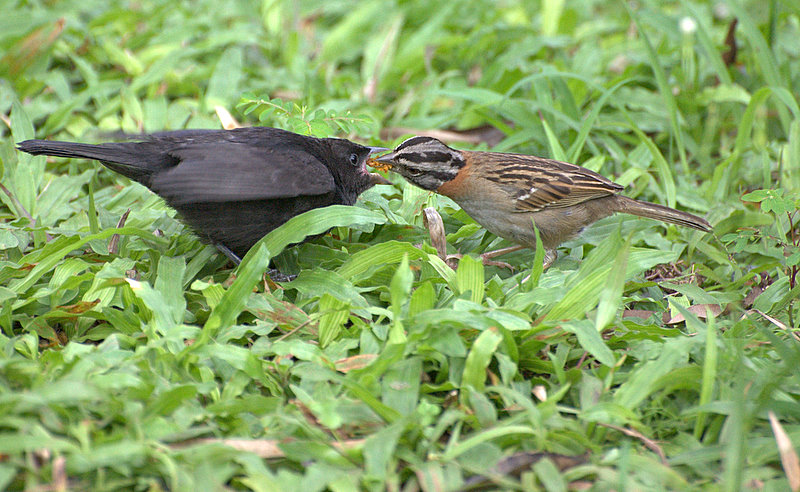
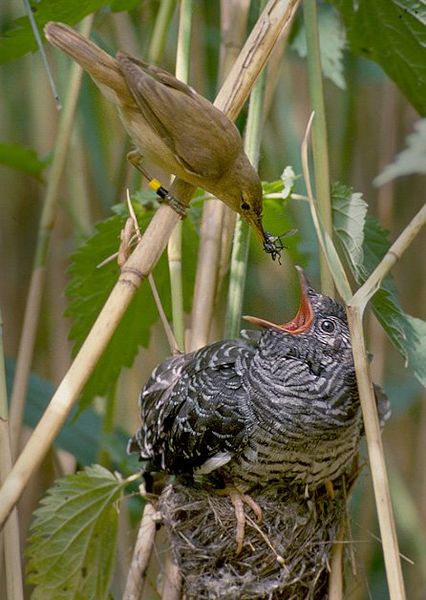
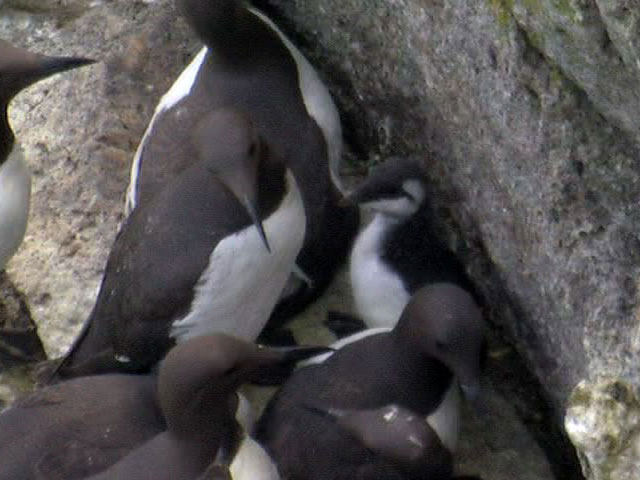
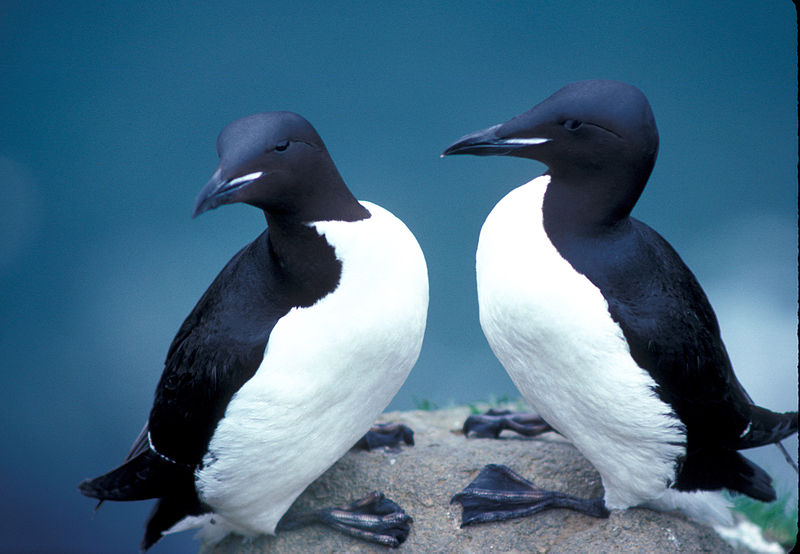
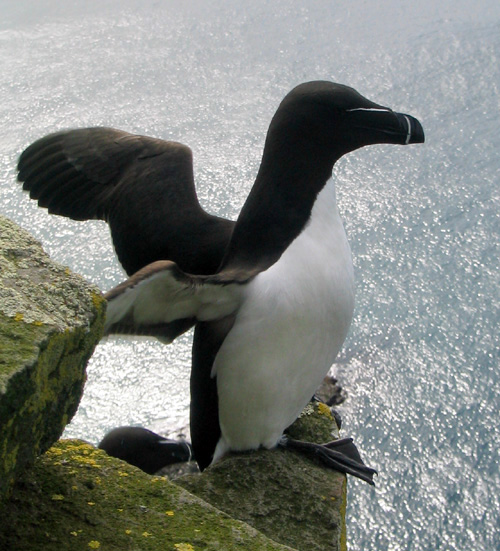
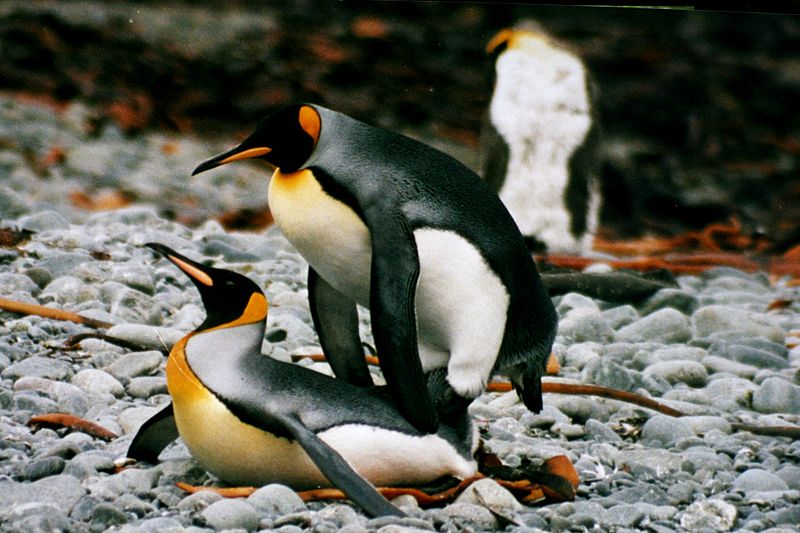
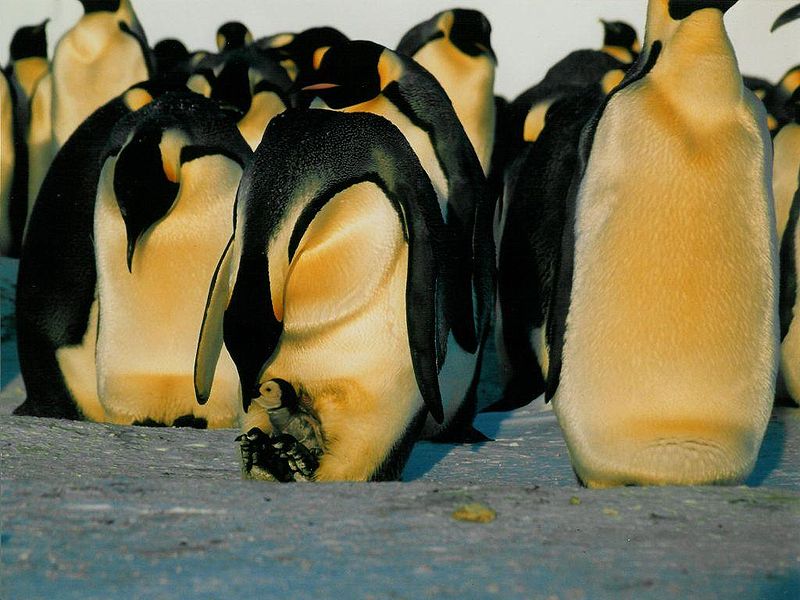
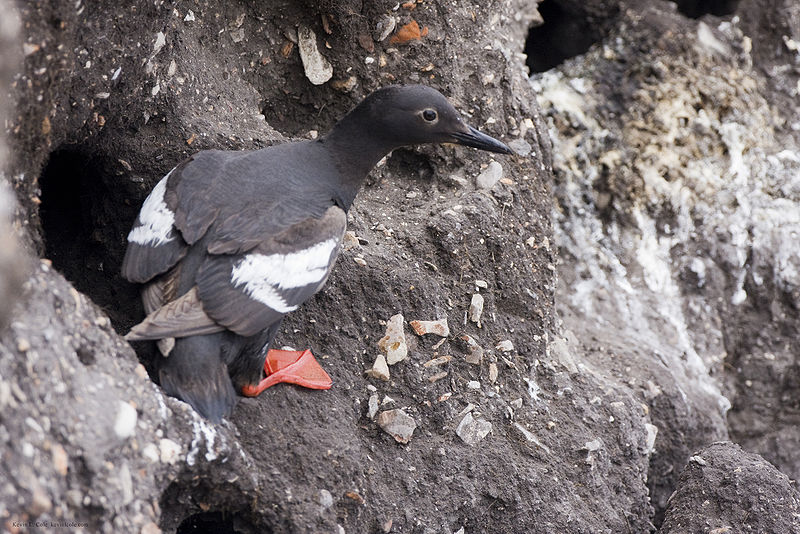
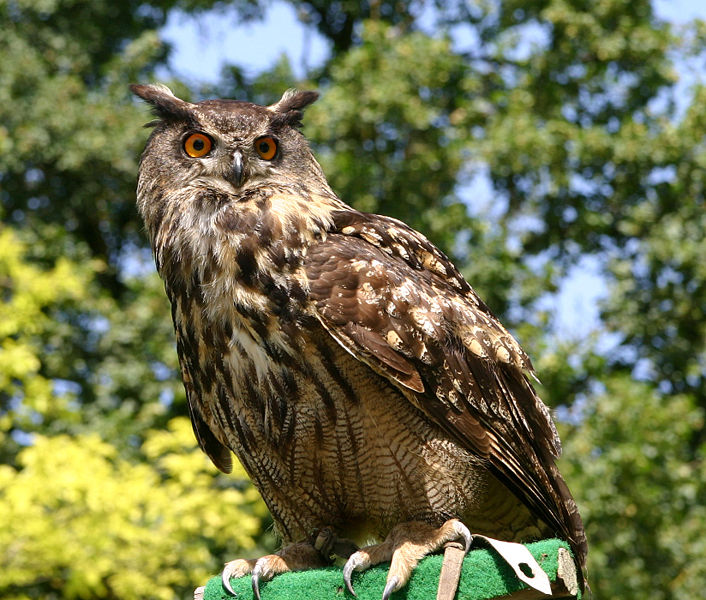
- Interesting Facts About Penguins
Penguins are a group of aquatic, flightless birds living almost exclusively in the southern hemisphere, especially in Antarctica. There are about 20 extant species of Penguin. These birds can not fly but they are excellent swimmers....
- Type Of Nests Of Different Bird Species
There are several types of nests. These include mound, scrape, burrow, cavity, cup, pendant, sphere, saucer and platform. Here are the different types of nest of animals (with photos). Burrow Image Source Many burrow-nesting birds excavate...
- The Most Beautiful And Spectacular Nests In The World
Nests are important to many birds and other animals to keep their eggs and to provide a place to live or raise offspring. Nests are usually made of some organic material like, grass, leaves, twigs or simply a depression in the ground, or a hole in a...
- Unique Methods Of Building And Construction In The Animal World
Some species of animals have unique methods of creating their homes or in building their nest. What are the materials they used? Let’s find out who are the greatest carpenters and engineers in the animal world. If Termites were like humans, a single...
- Names Of Animal Nests
What do you call the different nest of animals? The nest of a Badger is called a “Sett”. Image Source A Sett is a Badger’s den that usually consists of a network of tunnels that can accommodate 15 or more animals, with up to 300 meters of tunnels...
Dogs
Bizarre Nesting and Egg Laying Behavior of Animals
Here are some peculiar egg-laying and nesting behaviors of some bird species.
Potoos

Image Source
Potoos are unique birds that lay their single egg directly atop a broken stump. They also lay their egg directly into a shallow depression on a branch — typically where an upward-pointing branch died and fell off, leaving a small scar or knot-hole
Cowbirds, Honeyguides and Cuckoos

Image Source
A young Honeyguide being feed by the host parent, a Lazy Cisticola
These bird species are known for their bizarre nesting behavior. They lay their eggs in the active nest of other species.

Image Source
A Cowbird juvenile fed by a Rufuos-Collared Sparrow
Cowbirds such as the Shiny Cowbird and Cuckoos like the Common Cuckoo are the two most notable brood parasites.

Image Source
This Reed Warbler is raising the young of a Common Cuckoo, the best-known cuckoo.
Auk species such as Common Murre, Thick-billed Murre and Razorbill

Image Source
Common Murre
These birds lay their eggs directly onto the narrow rocky ledges they use as breeding sites. The eggs of these species are dramatically pointed at one end, so that they roll in a circle when disturbed.

Image Source
Thick-billed Murre
This is critical for the survival of the developing eggs, as there are no nests to keep them from rolling off the side of the cliff.
Image Source
Razorbill
Because of the vulnerability of their unprotected eggs, parent birds of these auk species rarely leave them unattended.
King Penguins and Emperor Penguins
Image Source
King Penguins
King Penguins and Emperor Penguins, like some Auk species, do not build nest too. These flightless birds tuck their eggs and chicks between their feet and folds of skin on their lower bellies. They are thus able to move about while incubating, though in practice only the Emperor Penguin regularly does so.

Image Source
Emperor Penguins
Emperor Penguins breed during the harshest months of the Antarctic winter, and their mobility allows them to form huge huddled masses which help them to withstand the extremely high winds and low temperatures of the season.
Ashy Storm-petrel, Pigeon Guillemot, Eurasian Eagle-Owl and Hume’s Tawny Owl

Image Source
Pigeon Guillemot
These birds are crevice-nesting species. They lay their eggs in the relative shelter of a crevice in the rocks or a gap between boulders, but provide no additional nest material.

Image Source
Eurasian Eagle-Owl
The Eurasian Eagle-Owl is usually found nesting on cliff ledges. It is largely nocturnal.
See also
- Amazingly Unique Nesting, Mating and Hatching Behaviors of Birds
- Interesting Things About Birds
- Amazing Facts About Owls
- Interesting Facts About Penguins
Penguins are a group of aquatic, flightless birds living almost exclusively in the southern hemisphere, especially in Antarctica. There are about 20 extant species of Penguin. These birds can not fly but they are excellent swimmers....
- Type Of Nests Of Different Bird Species
There are several types of nests. These include mound, scrape, burrow, cavity, cup, pendant, sphere, saucer and platform. Here are the different types of nest of animals (with photos). Burrow Image Source Many burrow-nesting birds excavate...
- The Most Beautiful And Spectacular Nests In The World
Nests are important to many birds and other animals to keep their eggs and to provide a place to live or raise offspring. Nests are usually made of some organic material like, grass, leaves, twigs or simply a depression in the ground, or a hole in a...
- Unique Methods Of Building And Construction In The Animal World
Some species of animals have unique methods of creating their homes or in building their nest. What are the materials they used? Let’s find out who are the greatest carpenters and engineers in the animal world. If Termites were like humans, a single...
- Names Of Animal Nests
What do you call the different nest of animals? The nest of a Badger is called a “Sett”. Image Source A Sett is a Badger’s den that usually consists of a network of tunnels that can accommodate 15 or more animals, with up to 300 meters of tunnels...
